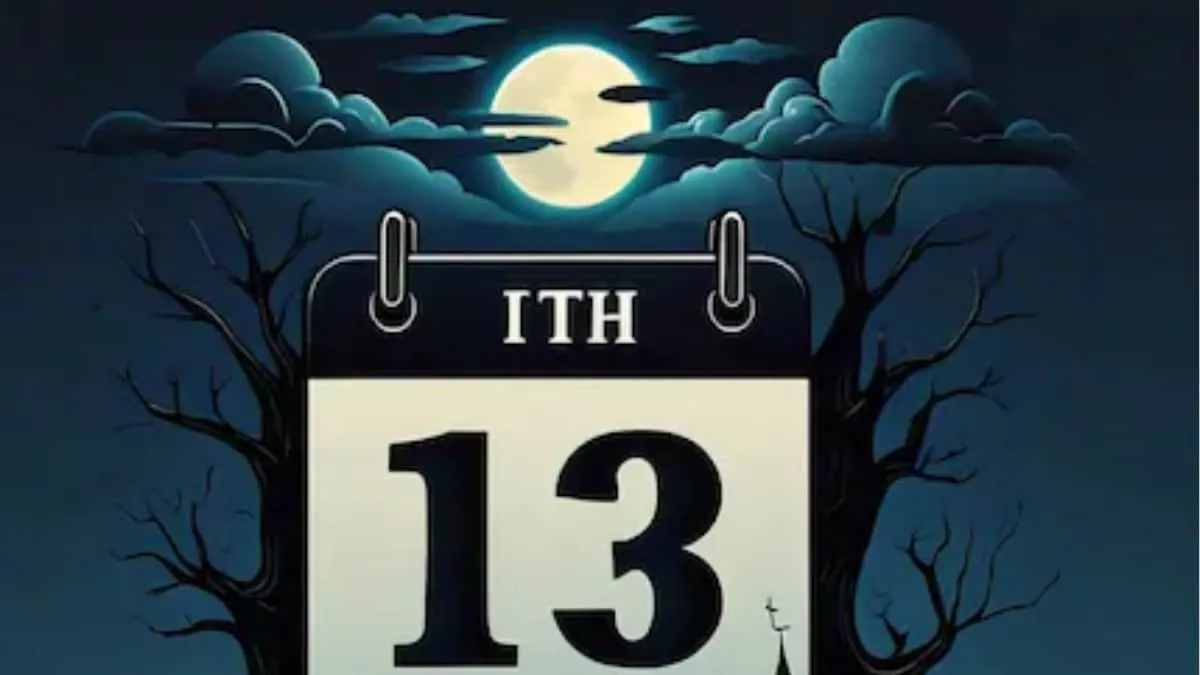Exploring Friday The 13th: Myths, Memes, and Cultural Significance

Understanding Friday The 13th
Few superstitions in Western culture are as notorious for invoking fear as shattering a mirror, spotting a black cat crossing your path, or the dreaded arrival of Friday the 13th. As we reach this infamous day, anxiety seems to sweep over many, convinced that misfortune lurks around the corner. While some can’t quite pinpoint the origin, the superstition is tied to a term as complex as the fear itself — friggatriskaidekaphobia — the absurd fear of Friday falling on the 13th day of the month.
The Cultural Impact of Friday The 13th
- Some believe that the 1980 film Friday the 13th marked the trend’s beginning.
- The antagonist Jason Voorhees has become a pop culture icon of horror.
- The hashtag #FridayThe13th is now trending, with users sharing their experiences.
User Reactions on Social Media
- A tweet shared, “Halloween? You have to go through Friday the 13th first.”
- A user highlighted a creative kill from the movie Jason X.
- Some enthusiasts pondered dressing up to scare people.
Historical Context of Friday The 13th
Friday’s negative connotations date back to Christian customs, as Christ was crucified on a Friday, leading to beliefs that it is an unlucky day. Moreover, Fridays of the Middle Ages were often called “hangman’s day” due to frequent executions on that day. This reinforced the idea of Fridays being unlucky, further fueling the myths about Friday the 13th.
This article was prepared using information from open sources in accordance with the principles of Ethical Policy. The editorial team is not responsible for absolute accuracy, as it relies on data from the sources referenced.